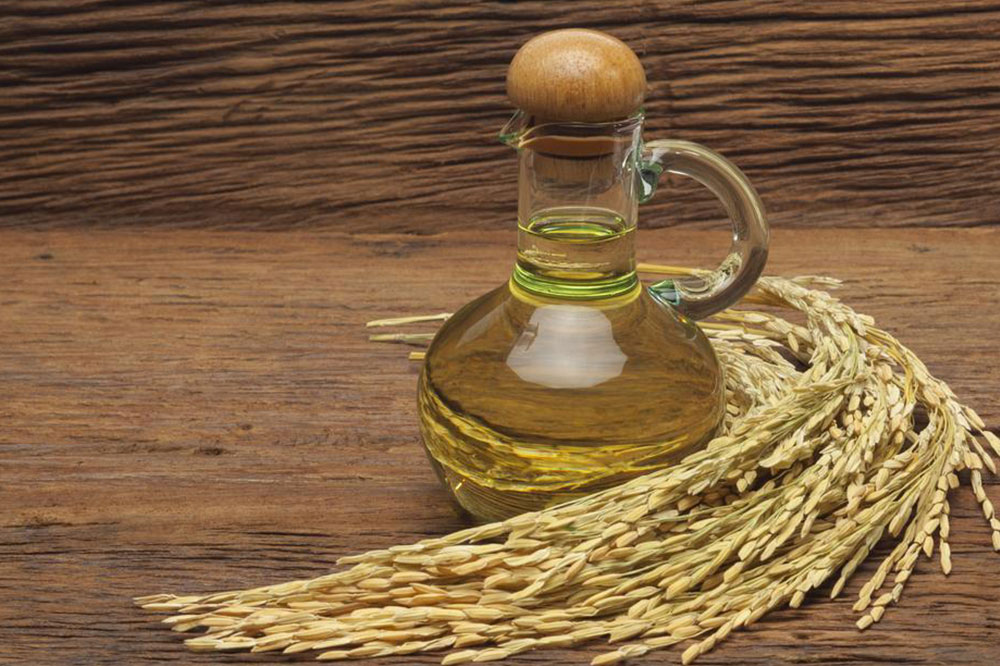
6 Dietary Tips for Ulcerative Colitis
Ulcerative Colitis (UC) is an inflammatory bowel disease that causes ulcers on the inner lining of the large intestine and also affects the rectum. This autoimmune disease causes symptoms like abdominal cramps, diarrhea, loss of appetite, rectal bleeding, weight loss, fatigue, and uncontrolled bowel movements. While there are medications to help relieve the symptoms, a change in diet (depending on the severity of symptoms) could go a long way. Below are dietary tips that help soothe the symptoms of UC.
Opt for cooked veggies
Raw vegetables make your digestive system work twice as hard as they don’t get absorbed well. They contribute to symptoms like gas, bloating, and stomach cramps, which could get aggressive during a flare-up. In the case of fruits, opt for the peeled ones as they are easy on the gut.
Bland foods are your best option
Non-spicy foods allow your intestine to heal from chronic inflammation and slow down the recurring symptoms. As for fruits, choose the non-citrus ones like bananas, melons, cantaloupe, among others, to prevent the flare-up of the gastrointestinal tract. Foods you may include in your diet are avocado, steamed fish, cheese (if you aren’t lactose intolerant), refined pasta, peeled potatoes, and applesauce.
Include omega-3 fatty acid foods in the diet
Daily intake of foods rich in omega-3 fatty acids aid in reducing inflammation and maintain the remission of UC in patients. Foods high in omega-3 fatty acid include salmon, flaxseeds, chia seeds, mackerel, and walnuts. This dietary tip will benefit patients with ulcerative colitis.
Prebiotic and probiotic foods
A diet that aids in balancing good and bad gut bacteria helps soothe the inflammation. Prebiotic foods like Jerusalem artichokes, oats, leeks, onions, garlic, and dandelion root feed the good bacteria. As for probiotic foods, they are high in good bacteria and help outnumber the bad bacteria in the gut. Probiotic foods include yogurt, miso, kefir, sauerkraut, and kimchi. While these make a significant difference in balancing the microbes, taking advice from gastroenterologists is imperative to understand what works best for the patient since the major factor in consideration is the severity of the patient’s symptoms.
Avoid these foods
A UC patient’s diet skimps on all grains, starchy foods, and complex carbs that microbes in the gut feed off to produce mucus, which results in inflammation. The reason to exclude grains is that most of them are high in gluten, a protein that’s difficult to digest and usually is taken off the diet of the patients with autoimmune diseases. Therefore, skipping grains will prove to be an essential dietary tip for patients with ulcerative colitis. A major cause of UC is an overactive immune system that attacks itself, and it’s best to avoid the heavy protein to protect the immune system. Grains like barley, rye, wheat, and more contain gluten. Also, the intake of processed foods must be restricted since they come with added sugar, salt, and preservatives that can have adverse effects on the gut.



